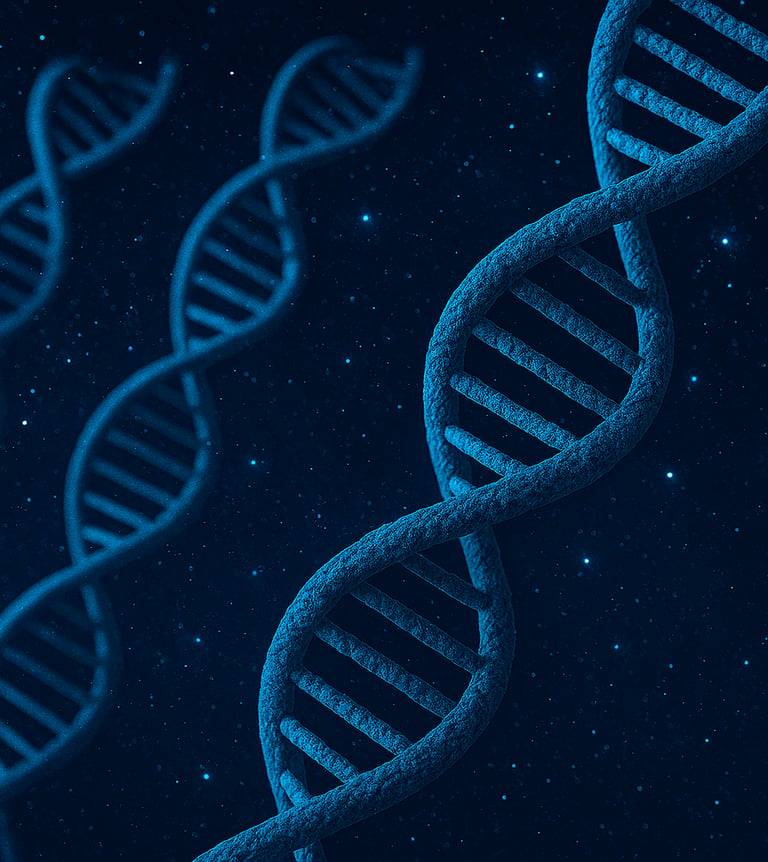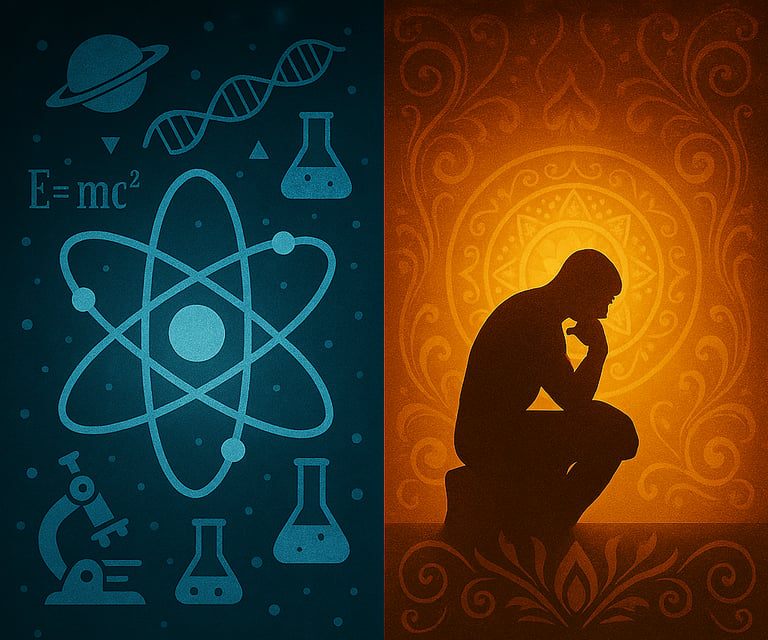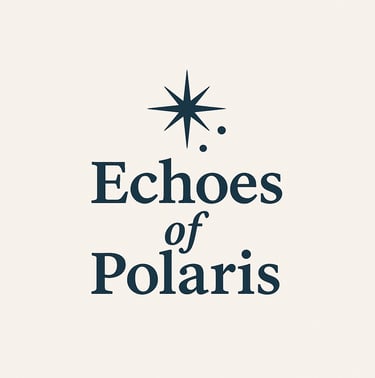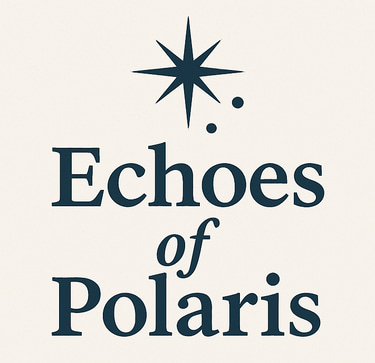A Life Project by Vicente (Tex) Hernandez
In Science We Trust—But Should We?
Complete faith in science and its potential for humanity is becoming akin to a new religion. The new believers regard the scientific method as the sole path to certainty. We say that science can explain everything, but often we only manage to put together shaky theories that make sense because of our unconditional faith in scientists.
SCIENCE, TRUST, AND TRUTH
TH
8/19/20253 min read


Complete faith in science and its potential for humanity is becoming akin to a new religion. The new believers regard the scientific method as the sole path to certainty. We say that science can explain everything, but often we only manage to put together shaky theories that make sense because of our unconditional faith in scientists.
We know extraordinarily little about the world around us. The more you know, the more you realize how much you ignore. Discoveries demand more discoveries. Every science is incomplete. We author theses and dissertations to contribute to a knowledge that is still incomplete. And to complete the incomplete, we build up a theory, something that among ourselves makes some sense. And this is what we all rely on to explain the most basic and important questions in our lives!
Can science go beyond purely materialistic explanation? Science cannot give convincing explanations without the aid of fashionable thoughts and ideological influences. Science cannot answer questions beyond the obvious discoveries.
Why should I go on living? What is death, and why do I feel so profoundly affected by it? Should I marry this person? Should I have children, and if so, what legacy will I leave for them? Why should I extend my hand to help my parents or my siblings? Why does injustice cut my soul so deeply? What truly defines good and bad? Why do I struggle with discomfort and suffering? How can I control the anger within me? How can I master the passions that shape me? And what, precisely, is love?
In a word, science cannot provide all the answers I seek to navigate life and find peace. These questions transcend empirical knowledge; they are found in the realm of emotions, ethics, and the very reason behind our existence.
Science expands knowledge; it helps us to go faster, reach higher, live longer, enhance performance, optimize output, and so much more. Thanks to science, we make machines, manufacture pharmaceuticals, grow food, build houses, bridges, and cities, and fabricate everything that we need today. Science helps us to develop tools, becoming a tool itself.
Science cannot give us understanding beyond purely physical phenomena. We could even say that no matter what, our understanding of science will always be questionable because science is incomplete: no science has ever been completed–and none ever will be.


A look at the universe, the cycles of the earth, the balance within every living system and the chaotic, self-destructive hubs, every complexity handled with utmost simplicity, and the living processes that we study but cannot replicate–-this is what quantum biology is trying to achieve–tell you just one simple thing: we know almost nothing about the world around us.
We should find a way of redefining the role of science and the way it is taught because something incomplete causes only uncertainty and, occasionally, brings about unacceptable solutions, interfering in human affairs to disrupt the lives of the present and future generations.
How about life-changing answers? Does science have the right to define what is good or bad? Can science be the moral compass that we need? Science puts the spiritual aside and ignores it: science is not just incomplete but ignorant of anything that goes beyond the purely materialistic world. Despite this, the new believers dare to speak of their scientific religion in terms of ‘faith’ and ‘hope,’ using more spiritual concepts that people can articulate.
We require more than just science to find meaning and live a truly human life. A moral compass is essential to assist us. Without it, a person turns inward, becomes easy to manipulate, grows cold toward others, and can spiral into deep sadness and emotional storms; in a word, a person without a moral compass becomes increasingly unstable.


Contact & Inquiries
info@echoepolaris.com
© 2025. All rights reserved.


If you have any feedback, comments, or questions, feel free to share your email address.
